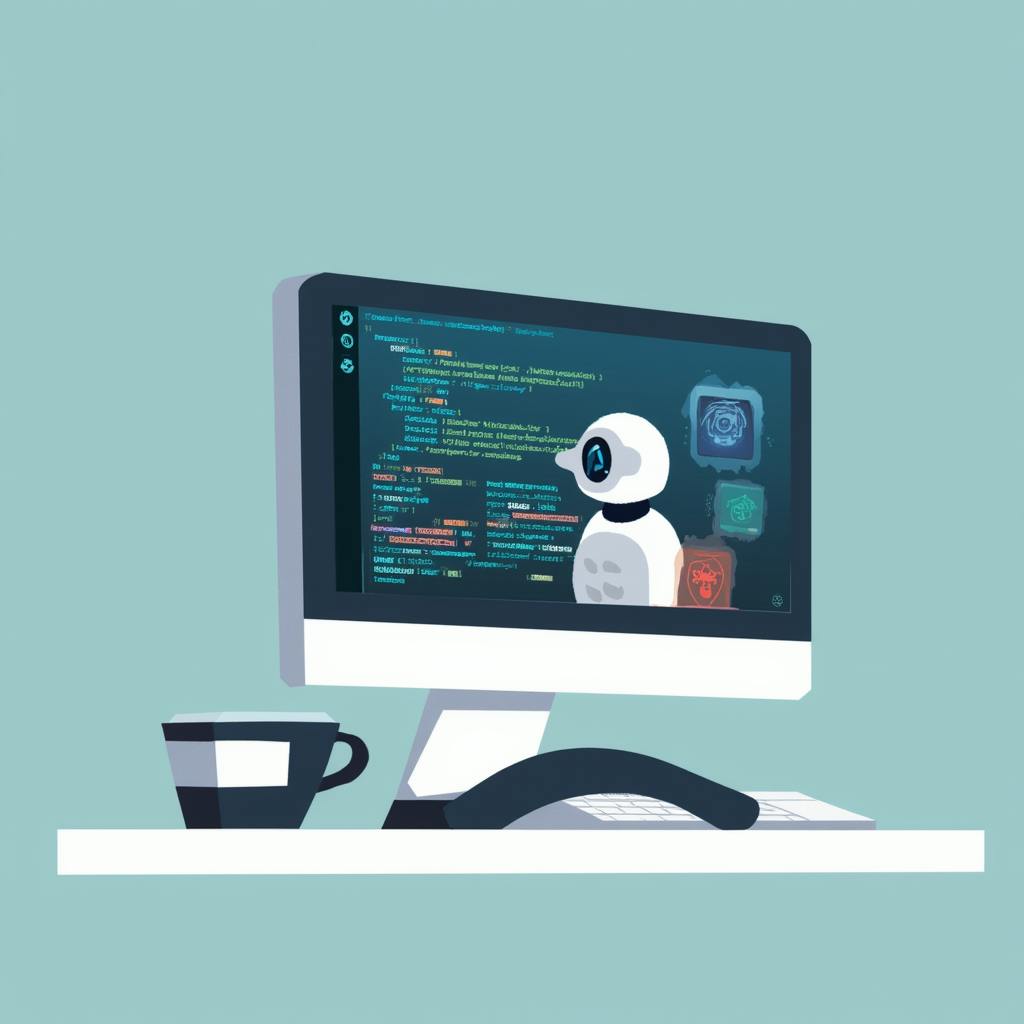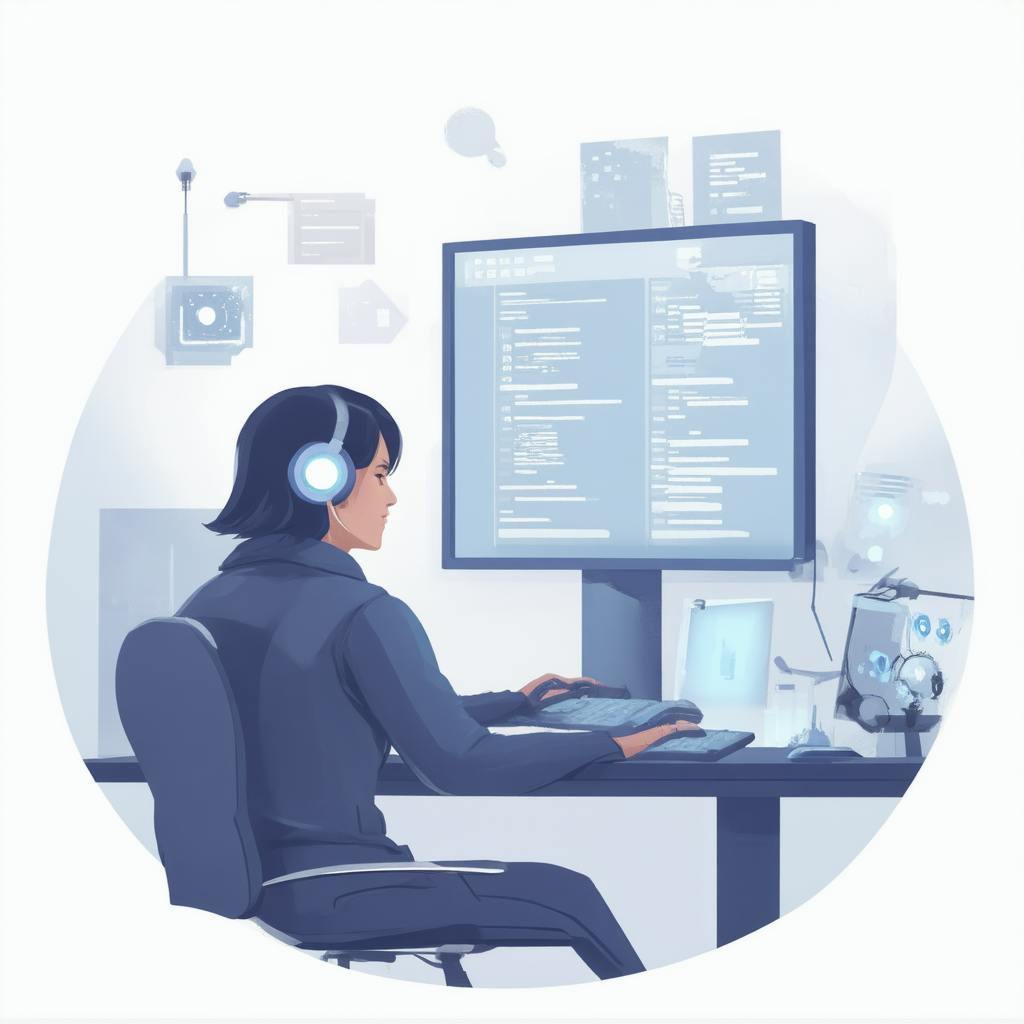In an era where technology continuously evolves, the demand for efficient and reliable software solutions grows exponentially. Traditional software testing methodologies, although tried and true, often fall short in meeting the speed and accuracy required by modern development cycles. Enter Artificial Intelligence (AI)—a transformative force that is redefining software testing practices. By leveraging AI for test automation, companies are experiencing faster software testing processes, improved software quality, and innovative approaches to debugging. This article explores the compelling benefits and frequently asked questions surrounding the integration of AI in software testing.
Enhanced Speed and Efficiency
One of the most significant advantages of incorporating AI in software testing is the dramatic increase in speed and efficiency. Traditional manual testing is not only time-consuming but also prone to human error. AI-powered testing tools can execute thousands of test cases simultaneously, reducing the time needed to verify software functionality. Moreover, AI-driven platforms continuously learn from past test runs, optimizing and refining their testing strategies to further accelerate test execution. This translates into faster software releases, allowing development teams to meet tight deadlines without compromising on quality.
Improved Quality Assurance
AI takes quality assurance to a new level by providing greater accuracy and coverage during testing. AI algorithms have advanced capabilities in recognizing pattern anomalies that might go unnoticed by human testers. As a result, AI for test automation can identify intricate bugs and glitches more reliably. Additionally, AI enhances regression testing by ensuring that new code does not adversely affect existing functionalities. The outcome is improved software quality with fewer post-release bugs, which ultimately enhances user satisfaction and reduces the risk of costly fixes down the road.
Intelligent Debugging Capabilities
Debugging is often one of the most labor-intensive aspects of software development. AI in debugging breaks new ground by offering intelligent diagnostic capabilities. By automatically analyzing error logs and performance metrics, AI can pinpoint the root cause of issues, suggesting corrective actions for developers. This not only minimizes the time spent on troubleshooting but also aids in preserving development resources for future innovation. Consequently, development teams can devote more time to innovation rather than remediation.
Scalability of Testing Processes
AI-powered testing tools are inherently more scalable than their manual counterparts. As applications grow in complexity and user base, the need for scalable solutions becomes paramount. AI ensures that testing processes can adapt to increased scope without a proportional increase in resource consumption. This characteristic is particularly advantageous for organizations with large-scale applications, as it allows them to maintain consistent quality without incurring additional costs.

AI made with Dean Jones
Frequently Asked Questions (FAQs)
How does AI improve test automation?
AI enhances test automation by learning from existing test cases, generating new ones, and continuously optimizing testing processes. This leads to quicker identification of high-risk areas, improving overall test coverage.
Is AI a replacement for human testers?
AI is not a replacement but a supplement to human testers. While AI excels at data processing and pattern recognition, human intuition and understanding are invaluable for nuanced testing scenarios that require critical thinking and creative problem-solving.
What are some examples of AI-powered testing tools?
Examples include tools like Testim, Applitools, and Mabl which use AI algorithms to automate visual testing, functional testing, and end-to-end testing processes.
FAQ on the Benefits of AI in Software Testing
As a technology research analyst, I've compiled a list of frequently asked questions regarding the benefits of integrating artificial intelligence (AI) into software testing. AI is becoming an essential tool in the software development lifecycle, and here's how it can offer significant advantages.
What are the key benefits of using AI in software testing?
- Increased Efficiency: AI can substantially reduce the time required for software testing by automating repetitive and mundane tasks, allowing human testers to focus on more complex testing scenarios.
- Improved Accuracy: AI-powered tools minimize human error by offering a higher degree of accuracy in tests, resulting in fewer false positives and negatives.
- Enhanced Test Coverage: AI algorithms can generate a diverse set of test cases that may not be apparent to human testers, thereby increasing the overall test coverage.
- Predictive Analysis: AI can predict potential areas of failure or defects by analyzing historical data, helping teams to focus on critical areas.
- Continuous Testing: AI supports continuous testing environments by executing tests in real-time as new code is developed and integrated, which is vital for Agile and DevOps practices.
How does AI improve the process of software testing?
- Automation of Repetitive Tasks: By using AI to automate repetitive and time-consuming tasks, testers can allocate their time and effort toward exploratory and ad hoc testing, which require human ingenuity and intuition.
- Intelligent Test Case Generation: AI algorithms are capable of learning from past testing cycles to generate more effective test cases, adapt to changes in software behavior, and prioritize testing efforts based on risk analysis.
- Defect Prediction and Prioritization: AI can analyze patterns and anomalies from past defects to predict potential problem areas in the software, allowing teams to prioritize fixing critical defects early in the development cycle.
- Natural Language Processing: Tools with NLP capabilities can interpret and process test scripts written in plain language, making it easier to automate tests without needing advanced scripting skills.
What role does AI play in software testing?
AI acts as an accelerator and enhancer in the software testing process. It enables testers to perform rigorous testing more quickly and efficiently by:
- Acting as a Co-Worker: AI can work alongside human testers, providing insights and recommendations that help improve test coverage and defect discovery.
- Data-Driven Decisions: AI uses data analytics to drive decision-making in testing strategies, focusing efforts on areas that provide the most value.
- Continuous Learning: AI systems can learn from every test cycle, adapting and optimizing their approaches to improve test outcomes over time.

AI made with Dean Jones
How can AI revolutionize software testing and what are its advantages?
AI has the potential to completely transform the software testing landscape through:
- Enhanced Agility: AI can support more agile development processes by enabling shorter development cycles without compromising on quality.
- Cost Reduction: Automation of labor-intensive tasks leads to reduced project costs, as fewer resources are needed for script maintenance and execution.
- Faster Time to Market: By improving efficiency and identifying defects early, AI helps in quicker product releases with fewer post-release issues.
- Scalability: AI’s ability to handle large datasets and complex applications makes it suitable for projects of any size, ensuring that quality is maintained at scale.
- Integration with Modern Development Practices: AI seamlessly integrates with DevOps and continuous integration/continuous deployment (CI/CD) pipelines, facilitating a smooth and reliable development process.
Conclusion
The integration of AI into software testing represents a paradigm shift that elevates the development process. With faster software testing, improved software quality, and enhanced debugging capabilities, AI enables organizations to create robust, reliable software solutions in a fraction of the time. As the technology continues to evolve, its role in software testing will only grow more significant, providing an invaluable asset to teams striving for excellence in an ever-competitive digital landscape. Embracing AI in software testing is not just a trend but a strategic move towards achieving operational efficiency and exceptional software quality.

